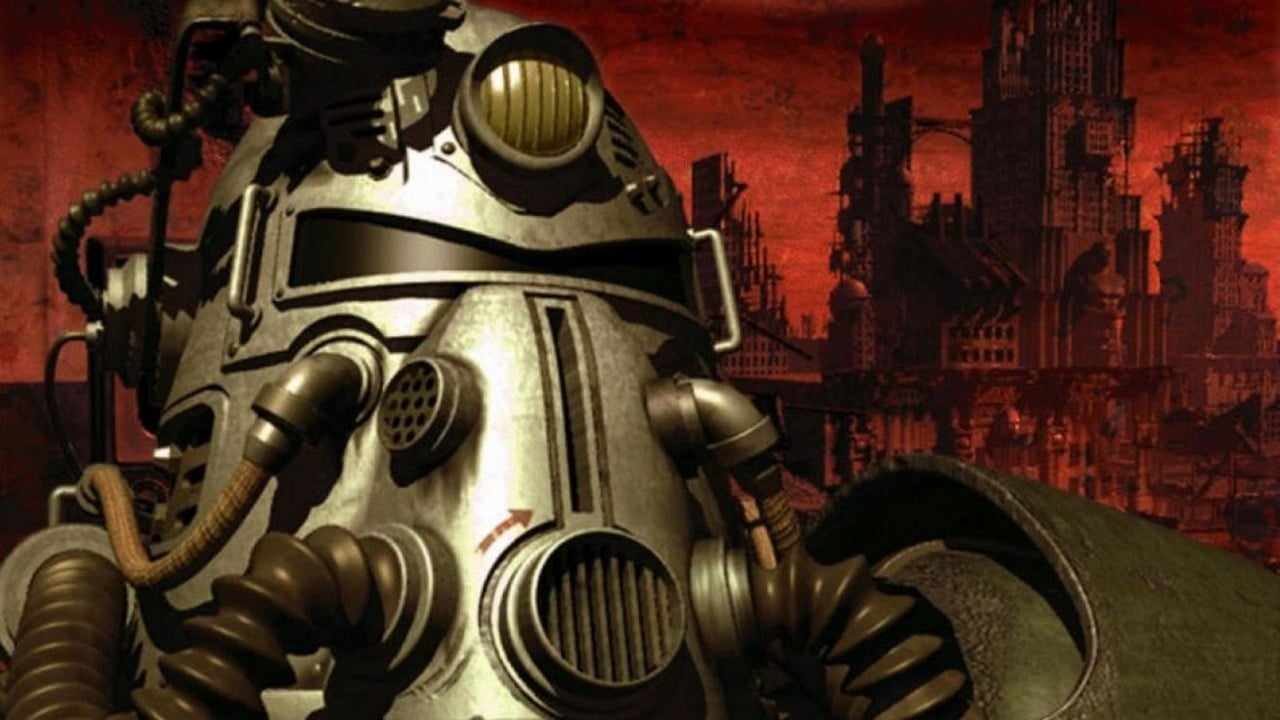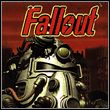Fallout veteran Tim Cain on why companies need to take responsibility for game preservation
Tim Cain uploaded a new video exploring the struggles of game preservation throughout his career and why companies need to take more responsibility for it.
1

Tim Cain, the lead on the original Fallout game, uploaded a new video sharing his thoughts on and experiences with game preservation. This comes after Cain shared earlier this year that he had been ordered to delete his preserved source code for Fallout. Cain said in his video that if large companies “take the authority to keep these things and tell other people not to and that they have no right to, then [they] also have to take the responsibility to keep them.” This effort to preserve games isn’t just about ensuring old games remain playable for future generations, but also about preserving valuable assets and history that would otherwise be lost forever.
Tim Cain on the struggles of video game preservation, and why companies need to take responsibility
Thankfully, since Cain’s announcement about the Fallout source code, another developer has come forward, claiming they also have it preserved. For now, at least, the Fallout source code isn’t lost forever. But that doesn’t mean it is in a safe place. The fact that someone came forward is the only reason we can confirm its existence. In this new video, Cain talks about his experiences throughout his career of preserving the games he worked on. Considering he started working in the industry at the age of sixteen, there’s a lot to cover. It’s well worth a watch, and it’s only twelve minutes long.
You may know some of Tim Cain’s work from Troika, the studio he co-founded with a few other Fallout veterans in 1998. Cain worked on games like Arcanum and Greyhawk: The Temple of Elemental Evil, which he says he still has the source code for. He can’t release it as open source or anything like that, but he is free to use it for his own purposes. Cain also mentioned that he has the code for Vampire: The Masquerade – Bloodlines as well.
One question you might have is, why did Cain destroy the source code for Fallout? In this new video, he answers that question: “When you’re being threatened with a lawsuit, you delete it.” You might also wonder why companies would threaten an employee over preserving their work. This is usually because companies are afraid that someone will steal the code and create their own game with it. They see it as protecting their digital properties. This is the crux of Cain’s point. If a company isn’t going to allow other people to preserve this information, it should at least take responsibility for preserving it.
Have you ever wondered what goes into making games? How did a studio create your favorite game? Even today, it’s not just a bunch of lines of code on a computer. Cain talked about how many physical assets and materials he has tried to hold onto over the years. The amount of space it takes up is a struggle, plus not everything lasts. Even a CD on which Cain saved art assets and stored for years eventually began to corrupt, losing some of the images stored there. Think about things like concept art, a vital part of the process of determining a game’s art style, that rarely actually makes it into the game. How do you preserve these things?
Ultimately, if game companies are going to control who has access to what, they should also take charge of preservation. It’s something that needs to be considered from the very beginning of the game-making process. By the time the game is done, it can be years later. Modern gaming audiences are all too familiar with the time-consuming process of creating a game these days. Cain called out Obsidian, a studio that will launch three games this year (Avowed, Grounded 2, and The Outer Worlds 2), as one of the studios that seems to be doing a good job. Hopefully, more game studios will start taking this process seriously as well.
- Demo of Fallout 1 Remake Now Available for Download. Devs Introduced Content, Requirements, and the Installation Process
- Fallout: Vault 13 with Problems, Project Suspended. „It Was Not an Easy Decision, but We Believe It Is the Right Step”
- Fallout could have ended very differently. Tim Cain shares his rejected idea for the cult RPG's finale: „cake and balloons”
